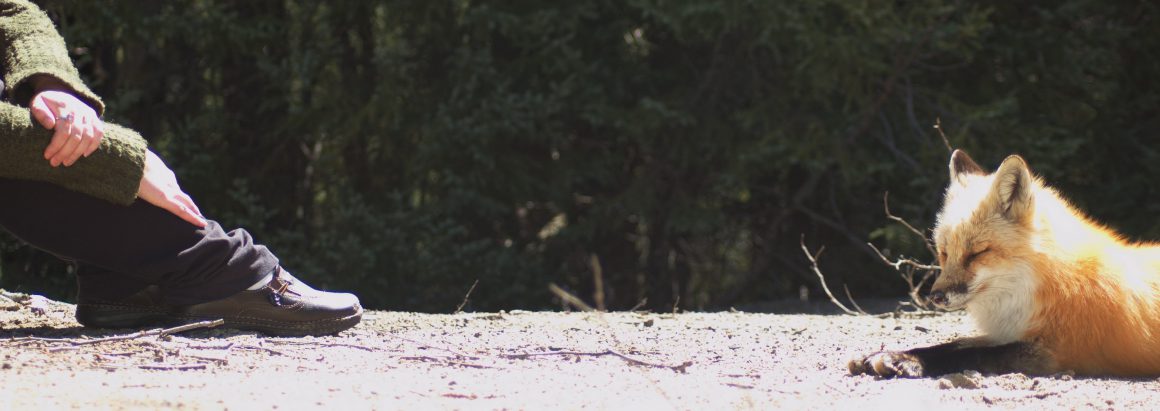All that exists owes its life to all that is no more. Each passing moment is a martyr for the next, just as pain is our debt to joy. There’s no wisdom or faith that makes pain less painful. It must hurt if anything is to matter: your life depends on it.
So stop. Your sorrow chases you: turn toward it. Watch it catch up. It will not pounce and end you. You will not lose more than you already have.
Grief is your mother. Let her feed you, for grief is the food your soul was made to eat. It digests pain into life itself. Your soul knows how to break pain down into its parts, which are the same nutrients that combine to make purpose and awe and laughter. You don’t have to do anything, just as your stomach knows what to do with meat and potatoes. Turnips have birthed poetry — consciousness — war crimes — human drama. Pain birthed the chance at eking out a living at all.
Stop starving yourself. This hunger strike never prevented the bad things from happening, and your numbness slips into dissolution as you cease to exist.
So greet your sorrow. Make room for it at your table. Accept the dish it offers and break bread for you both.
Grief is here. Grief, your mother who loved you. Eat, weep, and see tomorrow. Nourished, you will survive; one day you will have enough strength to give as thanks.
